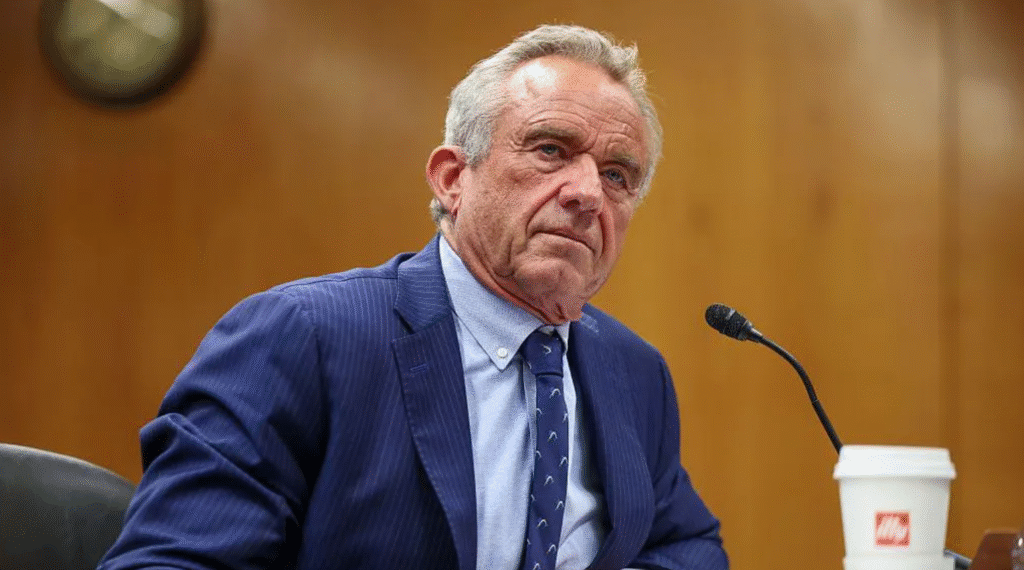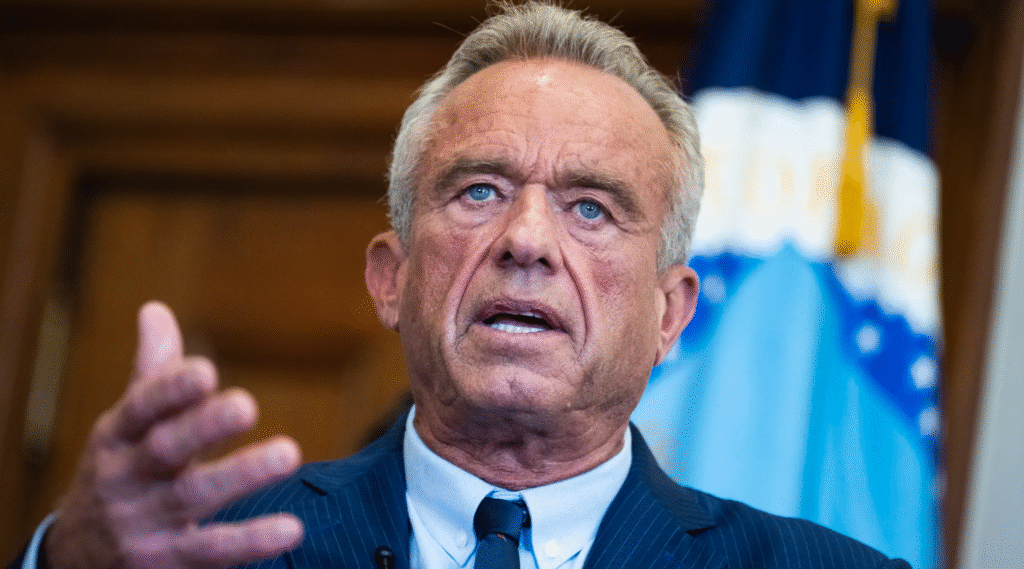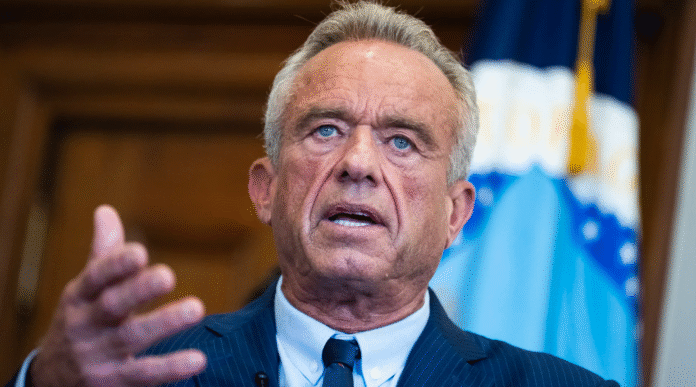Childhood Vaccine Safety Task Force Revived
The childhood vaccine safety task is once again in the spotlight after nearly three decades of being dormant. The U.S. Department of Health and Human Services (HHS) has officially reinstated the Task Force on Safer Childhood Vaccines, a decision that has sparked both praise and controversy.
The move was announced under the leadership of Health Secretary Robert F. Kennedy Jr., who has long been a critic of the nation’s vaccination policies. According to the agency, the revived task force will focus on improving the safety, quality, and oversight of vaccines administered to children across America.
The panel, originally established in 1986 through the National Childhood Vaccine Injury Act, was shut down in 1998. Its revival marks a major turning point in U.S. vaccine policy, and has already set off intense debate within the medical and political communities.

Why Was the Childhood Vaccine Safety Task Force Revived?
The childhood vaccine safety task is being reintroduced to address one of the most controversial aspects of public health: adverse vaccine reactions.
According to HHS, the panel will recommend improvements to the vaccine schedule and promote development of shots that result in fewer and less severe side effects.
This move comes in response to legal and political pressure. Earlier in 2025, the Children’s Health Defense (CHD) a group founded by Kennedy himself, filed a lawsuit against the agency for not re-establishing the task force, as required by law.
Mary Holland, CEO of CHD, celebrated the decision:
“It took nearly 50 years for HHS to do this, but at last the Secretary is following the law on this critical issue. We are grateful.”
Historical Background of the Task Force
The original Task Force on Safer Childhood Vaccines was part of the 1986 legislation that also created the National Vaccine Injury Compensation Program. This program provided financial support to families whose children suffered serious side effects after vaccination.
Back then, the panel was tasked with monitoring safety, gathering data, and making recommendations for improvement. However, it was dissolved in 1998 during a major restructuring of federal health policy.
Now, under RFK Jr., the task force is back with renewed authority and expanded oversight.
Who Will Be on the New Task Force?
According to HHS, the revived childhood vaccine safety task will include representatives from:
-
The National Institutes of Health (NIH)
-
The Food and Drug Administration (FDA)
-
The Centers for Disease Control and Prevention (CDC)
This inter-agency collaboration is intended to ensure that multiple perspectives are included in future vaccine recommendations.
RFK Jr.’s Bold Changes to U.S. Vaccine Policy
Since assuming office, Robert F. Kennedy Jr. has made dramatic changes to how the U.S. government handles vaccines.

-
In June 2025, he removed all members of a federal advisory committee responsible for guiding CDC vaccine recommendations. He replaced them with new individuals, many of whom have been publicly critical of COVID-19 vaccines.
-
Soon after, the new panel began reviewing the entire childhood vaccination schedule, questioning both the number of doses and the age at which they are given.
-
In May 2025, Kennedy also removed the CDC’s recommendation of COVID-19 shots for pregnant women and healthy children.
These actions reflect his long-standing skepticism about vaccine safety, a position that has drawn sharp criticism from mainstream medical organizations.
Concerns from Public Health Experts
While supporters of the move argue that greater transparency and accountability are necessary, many scientists and doctors have expressed concern.
Public health experts warn that reinstating the childhood vaccine safety task under RFK Jr. could further fuel vaccine hesitancy at a time when immunization rates are critical for preventing outbreaks of preventable diseases.
According to the World Health Organization (WHO), vaccines prevent 4–5 million deaths each year worldwide. Critics worry that undermining confidence in vaccines could reverse decades of progress.
(See more on vaccine benefits at the WHO Official Site.)
Legal and Political Implications
The revival of the childhood vaccine safety task isn’t just a public health decision, it’s also a legal one. The lawsuit from CHD highlighted that the U.S. government had failed to uphold part of the National Childhood Vaccine Injury Act.
By re-establishing the task force, Kennedy is not only complying with the law but also reshaping the narrative around vaccine oversight.
This legal victory for CHD could encourage similar lawsuits or demands for greater scrutiny of health agencies in the future.
What Does This Mean for Parents?
For parents across the country, the reinstatement of the childhood vaccine safety task may raise both hope and uncertainty.
On one hand, the promise of safer vaccines and stronger oversight is reassuring. On the other, the growing politicization of vaccine policy could make it harder for families to know whom to trust.
Experts recommend that parents continue to consult licensed pediatricians and credible health organizations before making vaccination decisions.
For more on childhood vaccine guidance, visit the CDC’s Official Vaccine Page.
Final Thoughts
The childhood vaccine safety task revival is one of the most controversial health policy moves in recent U.S. history. Supporters see it as long-overdue accountability, while critics view it as a dangerous step backward that could threaten public health.
As debates intensify, one thing is clear: the issue of vaccine safety isn’t going away anytime soon—and the decisions made by this task force will shape the future of American healthcare for generations.

